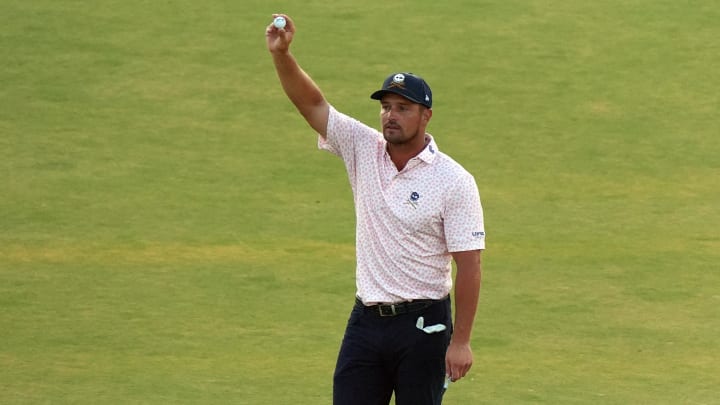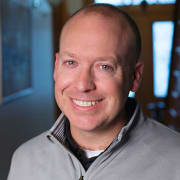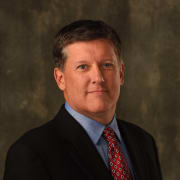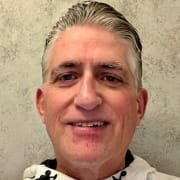U.S. Open Round 3 Fact or Fiction: Bryson DeChambeau Belongs on the U.S. Olympic Team

Welcome to the U.S. Open edition of SI Golf’s Fact or Fiction. We’ll be here after every day’s play with a series of statements for writers and editors to declare as “Fact” or “Fiction” along with a brief explanation. Responses may also (occasionally) be “Neutral” since there's a lot of gray area in golf.
Do you agree or disagree? Let us know on the SI Golf X account.
Bryson DeChambeau will hold on to win his second U.S. Open.
Bob Harig: FACT. My level of confidence is not overwhelming, but a three-shot lead gives you some room for error. And the way that DeChambeau bounced back quickly from his double bogey at the 16th to birdie the 17th was impressive. He wasn’t rattled. And playing in the final group with Matthieu Pavon should give him a huge crowd advantage.
John Pluym: FACT. He has the energy. He has the fans behind him. And most important, he has the game, with all three rounds in the 60s. Even when he made the double-bogey on 16, he didn’t get flustered and immediately hit a brilliant iron into the par-3 17th, which led to a birdie. Yes, he can hit some wild drives. But his scrambling and putting have been incredible. He’ll win his second U.S. Open on Sunday.
Jeff Ritter: FACT. As Pluym mentioned, the moment where he bounced back from the double on 16 with a birdie on 17 was revealing. He’s the man this week—it’s his tournament to lose.
John Schwarb: FICTION. DeChambeau had a hot putter the last two rounds but I worry about one more. I’m also just wary in general of a three-shot lead and even more so after reading this nugget from the Elias Sports Bureau: a player has held a three-shot lead 17 times going into the final round of a U.S. Open but has only gone on to win nine times. I can see Bryson being a tragic-but-still-beloved figure Sunday. I also hope I’m wrong.
Regardless of how this U.S. Open ends, DeChambeau deserves to be on the U.S. Olympic golf team.
Bob Harig: FICTION. The qualifying criteria is clear. There’s no controversy about it. The OWGR has been used to pick the team since Olympic Golf returned to the Games in 2016. That has not changed and DeChambeau—as we all know—is not getting points playing for LIV Golf. It is an unfortunate fallout from the overall division in the game. If there where a vehicle to pick DeChambeau like there is for at-large picks in the Ryder Cup, this would be a far different discussion.
John Pluym: FACT. I don’t think there’s any doubt that he’s deserving, especially if he wins the U.S. Open. But Scottie Scheffler, Xander Schaffele and Colin Morikawa are at the top of the OWGR and have likely secured their spots on the team. The fact that DeChambeau plays on the LIV Tour, coupled with their 54-hole tournament format, will likely cost him, which is too bad. Just another reason why the PGA Tour and LIV need to come to an agreement.
Jeff Ritter: FACT. Let’s answer this question with a question: What is the goal of Olympic golf? Is it to bring together the top players from participating nations for an international competition, or to use an archaic ranking system to determine the qualifiers? Assuming DeChambeau closes this on Sunday, he’ll deserve a spot.
John Schwarb: FACT. This kind of inches into Caitlin Clark territory, no? The most popular women’s basketball player isn’t going to Paris and at the moment one can argue that Bryson is the most popular U.S. golfer. Certainly the most compelling. Ask NBC brass if they’d be happy to have him.
DeChambeau and Ludvig Aberg were asked by the USGA to pick up their pace of play with four holes to go Saturday. Other groups have fallen behind this week and backups around the course have slowed play. The USGA should penalize slow players in its marquee championship.
Bob Harig: FACT. In all of professional golf, assessing penalty strokes for slow play would go a long way to speeding up the game. But given the way it is enforced now, it would be very difficult to do it in this setting. Until there is a drastic change which allows for just a single warning to any player or group before penalty strokes are assessed, nothing will change.
John Pluym: FICTION. If the USGA is so concerned about slow play, then institute a shot clock. Other professional leagues—NFL, NBA, MLB, WNBA—put athletes on the clock, which is fine. But if you’re going to make the golf course unplayable with fast greens and pins in impossible situations, then the USGA has to live with slow play. Penalizing a player because of their course setup is wrong. Plain and simple.
Jeff Ritter: FICTION. I dislike slow play as much as anyone, but the U.S. Open, by design, is the most brutally tough setup the players will face this season. This isn’t the week for the USGA to dish out penalty strokes that could impact the result. Fine them quietly and send them the bills on Monday morning.
John Schwarb: FICTION. I hate slow play as much as the next golf fan, but the U.S. Open is never going to be an Indy 500 in terms of speed. Too much at stake, too hard golf courses. I’m more offended by the 3:35 p.m. final group’s tee time on Saturday and that the USGA would talk to them late in the round. Leave them alone.



